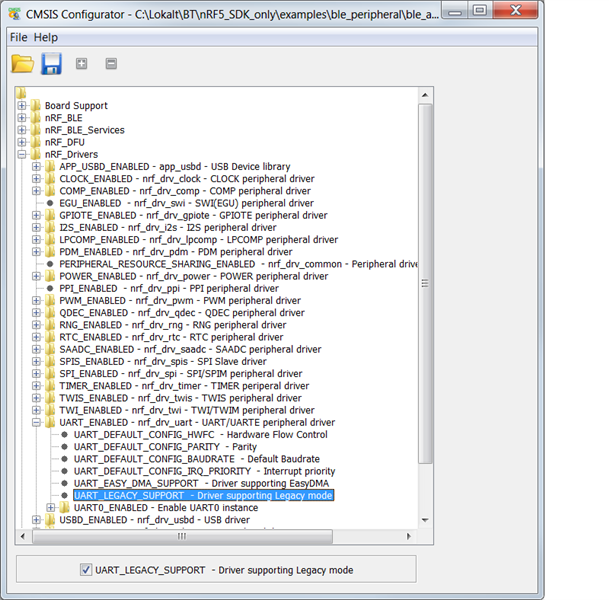I am porting software built with SDK 14.2 to SDK 15.0
It looks like some files have been moved from "components/drivers_nrf" to "integration/nrfx/legacy". The first one I've encountered is nrf_drv_clock.c but I see that there are others.
Have these files/apis/whatever been deprecated? Are there "new" ways to do the things provided in these legacy files? I notice that (for example) many of the examples still use these "legacy" functions...
Any insights would be helpful.


